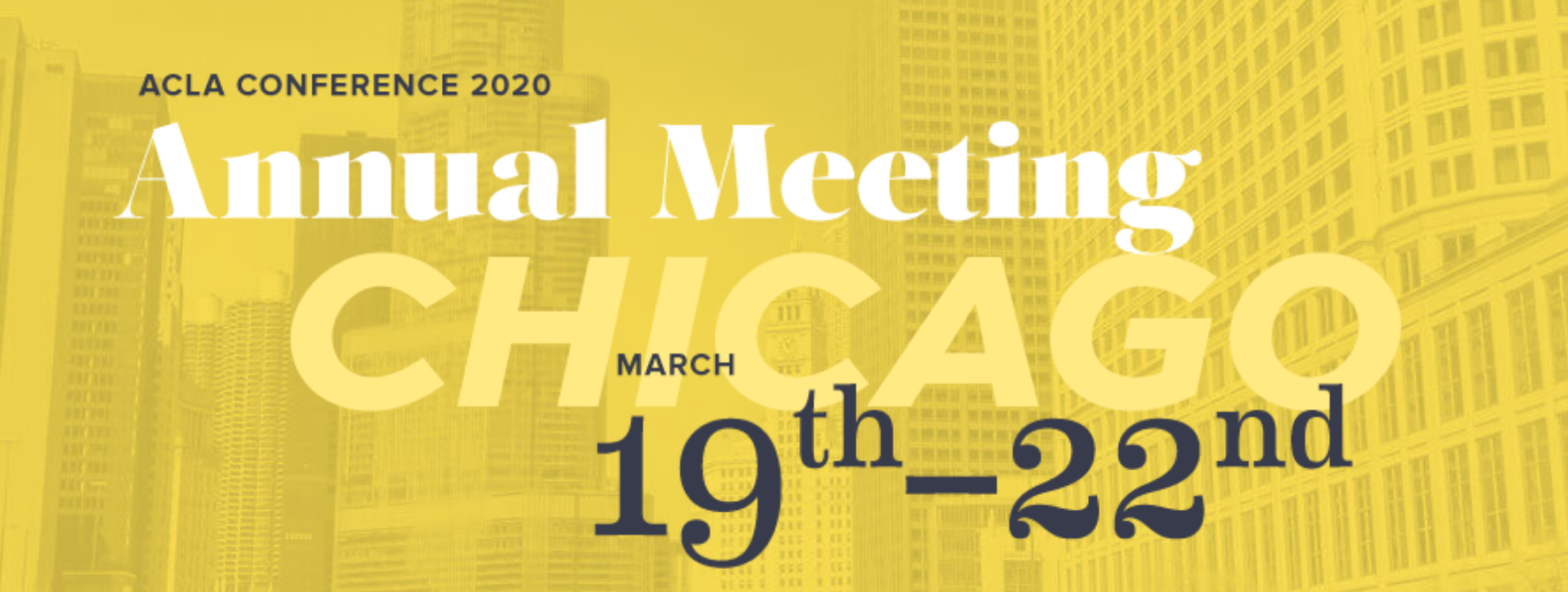Corporeal Revolts: Aesthetics and Narrative During the Forever Wars
Image by Francisco Jose Carrera Campos used under a Creative Commons 2.0 License
[Panel postponed from the cancelled 2020 annual meeting]
When we gather in November 2020, we will be meeting in the immediate aftermath of 2020 U.S. presidential elections; it seems hard to imagine that there might be reason for celebration even if current President Donald Trump does not continue on to a second term. In the last three years, we have seen a significant intensification of imperial violence within U.S. borders, at the U.S.-Mexico border, and across the world as U.S. foreign policy has continued to destabilize further regions in Africa and Asia through its War on Terror. In January 2020, President Trump attempted to reactivate a full-fledged war with Iran and successfully expanded his travel ban, first implemented in 2017 (now, thirteen nations are on the list, nearly doubling it; the majority of them have significant Muslim populations). However, as scholars of U.S. empire well know, the policies enacted by the Trump Administration are not exceptional; rather, they emblematize the nation’s xenophobic, militaristic policing of the borders, which are linchpins of the U.S. imperial project.
With such conditions as our immediate backdrop, the papers in this panel turn to contemporary fiction, poetry, and visual art by writers and artists marked by the violences of the U.S.-led War on Terror to “rethink political horizons, reimagine collective futures, and generate cultural practices that echo while extending insurgent peoples’ traditions.” We rely on Sohail Daulatzai and Junaid Rana’s assertion that “‘Terror’ talk is the new race talk — the terrorist … is the twenty-first-century way of saying ‘savage’” (“Left” 2015). We understand their claim as one that extends the colonial racial science that gave us the ‘savage’, but one that does so in a disguised form for much of the rhetoric of War on Terror functions under the sign of benevolence as it claims to save brown people, particularly brown women from brown men. Thus, in our panel, we seek to disrupt the notion that the U.S. settler state and its structures of governance need to be exported globally; indeed, by juxtaposing the experiences of those dispossessed by imperial violence both within and beyond U.S. national borders, our papers argue that those terrorized by the U.S. empire are always-already engaged in a revolt, fleeting as it may sometimes feel and indeed temporary as it may be. The creative works each panelist examines show the limits of citizenship, freedom, and the normative family when circumscribed within U.S. imperial ideologies; rather, each panelist’s arguments reveal that embodied knowledge of violence — within individual or community histories — can be fashioned as resource for combating state and extra-state violence. In this way, panelists highlight the necessity of art and narrative and their ability to bring immediacy and vibrancy that interrupts the cold, calculating, mechanistic function of the administrative state that authorizes the War on Terror as a forever and everywhere war.
Jay N. Shelat, University of North Carolina Greensboro
“The Spider and Its Shadow: Family and the Definition of Terrorism in Kamila Shamsie’s Burnt Shadows”
Samina Gul Al, University of Miami
“Muslim Teens Revolt: Finding queer identity and community in Tanwi Islam’s Bright Lines”
Asimina Ino Nikolopoulou, Grinnell College
“'The Palace Burns’ in ‘Immesurable Memorium:’ Global Terror, Citizenship, and Memory in Kaveh Akbar’s ‘The Palace’ and Solmaz Sharif’s ‘Look’”
Neelofer Qadir, University of North Carolina Greensboro
The Power of Storytelling When Bombs Become Lullabies
Moustafa Bayoumi (chair), Brooklyn College
Ashvin R. Kini (discussant), Florida Atlantic University











